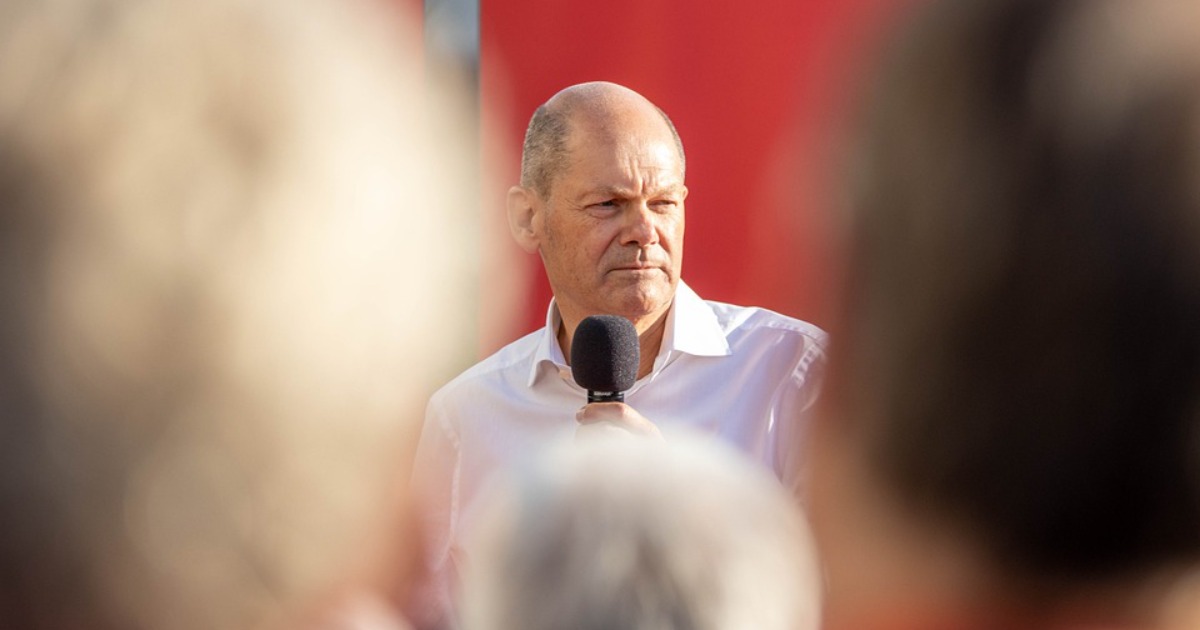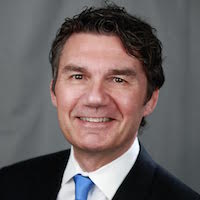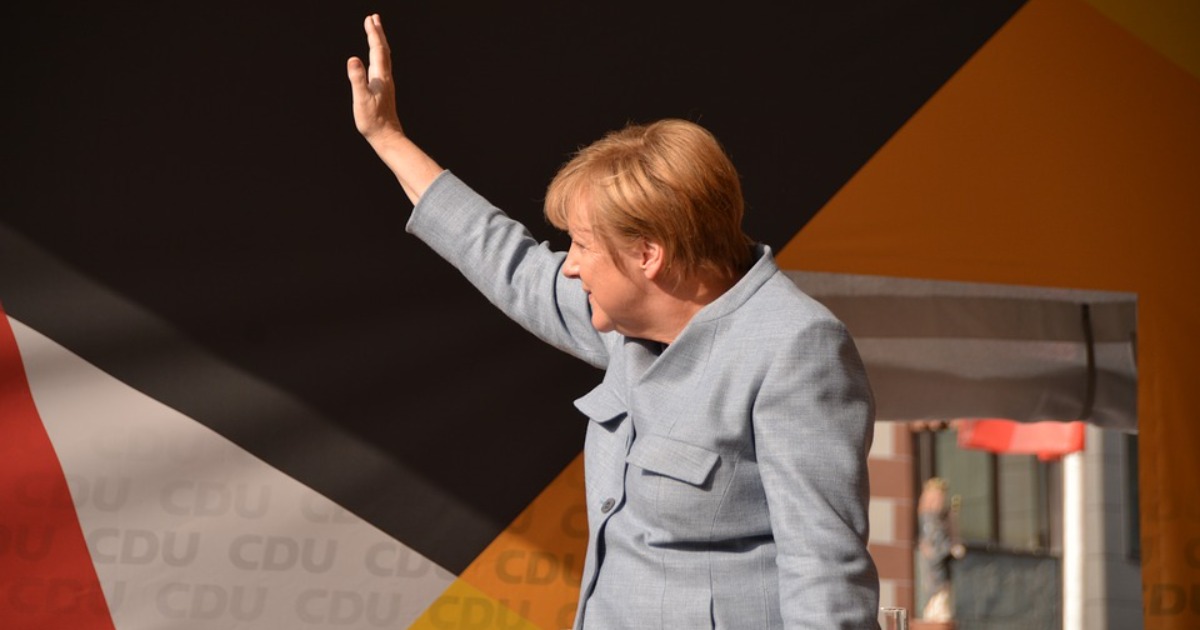Olaf Scholz: A Man of His Word?
Why Chancellor Scholz might have difficulty to deliver his own promises of a truly mature Germany.
July 3, 2022

For a moment, it seemed as if German Chancellor Olaf Scholz’s Sunday morning speech before the German parliament was a game changer — akin to Churchill’s during World War II.
It might remain forever Scholz’s secret why – in a matter of hours – he changed his mind from silent Putin enabler to proactive defender of European ideals and values.
What caused Scholz’s complete turnaround?
Did the German chancellor suddenly wake up to the stark realities of what a Russia-dominated Ukraine might mean for the rest of Europe?
Or was his “wake-up call” an actual phone call from the United States in which he was briefed in detail and in advance of Putin’s readiness to put nuclear weapons on high alert?
Scholz: Felled by his own party?
Either way, in his astonishing Sunday morning speech, Scholz suddenly announced weapon deliveries to Ukraine. Plus, almost out of the blue, he committed his SPD party, at long last to keep its own promises on NATO.
But now, indications are that much of Scholz’s complete revision of German defense and security policies had not been cleared previously with one of his coalition partners as looks as the members of his own party.
Some of the apparent quibbles are probably related to the long-onging internecine party strife inside the SPD and the Green Party over the kind of defense and security policy Germany ought to pursue.
If indeed the SPD’s left wing and the left wing of the Greens are now trying to pick apart his commitment to bring the German military finally up to functional level, then alarm bells should ring all of over Europe.
Scholz going rogue on parliamentary democracy?
Scholz’s apparent lack of full consultation with the SPD and Greens caucuses in parliament was likely based on a simple calculation — that this historic policy shift would otherwise never see the light of day.
So, Scholz in effect went rogue on traditional parliamentary democracy.
Germany is not a presidential democracy
Indeed, in making his policy shift, Scholz did not act like a German Chancellor, but rather like a U.S. (or French) President. Those leaders have far-reaching powers in matters of national security.
The benefit of a parliamentary democracy, such as Germany’s, is that you are getting legislative stuff done because you have a guaranteed majority for a program you jointly agreed on.
When patience wears thin
The downside of a parliamentary democracy is that sudden, fundamental and directional changes, often demanded by extraordinary and sometimes external circumstances, are simply not possible.
Why? Because the Chancellor cannot act single-handedly like a U.S. President.
In that sense, a presidential democracy is more like a speedboat. Parliamentary democracy, in contrast, is more like a cruise ship.
Scholz’s secret love
The important fact to keep in mind about the new German chancellor is something of a loner. Worse than that, he always believes that he is by far the smartest person in the room.
The potentially dangerous thing for Scholz is that he may tire of the tough inner workings of parliamentary democracy.
While Lord Mayor of Hamburg, he loved to keep his own counsel and ruled in a pretty autocratic manner.
A big gamble for Scholz
Scholz made historic policy decisions that eventually will require parliamentary approval. For that, Scholz needs to gather enough “troops”. This is the task before him.
If he fails to accomplish this, he no longer deserves to be Chancellor. His word would be no good.
Thus, the fact is that the world is not just watching Putin’s aggression and the courageous Ukraine resistance.
The world is also watching the German – and particularly Mr. Scholz’s response.
But this is ultimately about more than Olaf Scholz. It is about the determination with which Germany, Europe’s most significant economy power and democracy, can alter its course away from hyper-mercantilism and blind pacifism.
Conclusion: Helmut Schmidt or punching ball?
The eyes of the world are indeed also focused on Olaf Scholz.
Will the new German chancellor be another version of “Der Macher” (the doer) — as his late party colleague and fellow former chancellor Helmut Schmidt was branded? Or will his will be broken by dangerous inertia? Time will tell.
Takeaways
Scholz's astonishing revision of German defense and security policies was not cleared by his coalition partners or members of the SPD.
If Scholz had not gone rogue on German parliamentary policy, the historic foreign policy shift might not have taken place at all.
Scholz is something of a know-it-all loner. This means he might tire of the inner workings of parliamentary democracy.
The world is not only watching Putin's aggression and Ukraine's brave resistance. It is also watching to see if Mr. Scholz keeps his word.
It might remain forever Scholz’s secret why he switched from being a silent Putin enabler to proactive defender of European ideals and values.


